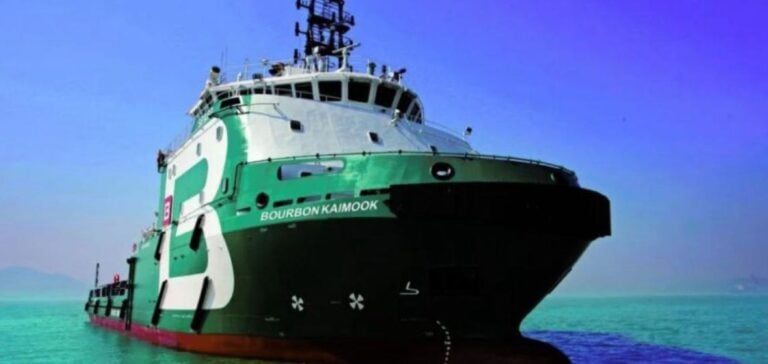The trial of Marc Cherqui, former tax director of the French parapetroleum group Bourbon, has highlighted the complexities of a corruption case involving public officials in Africa. On Thursday, the defense presented two diametrically opposed versions of Cherqui’s role, oscillating between courageous whistleblower and opportunistic manipulator. This affair, embarrassing a company operating in forty countries, began in 2012 when Cherqui was arrested at Marseille airport with $250,000 in his suitcase, returning from a mission to Nigeria where Bourbon was undergoing a tax audit.
The facts
Marc Cherqui blew the whistle on corruption at Bourbon, revealing through his e-mails that $2.7 million in bribes had been paid to Nigerian officials. Prosecutor Jean-Yves Lourgouilloux called for prison sentences, notably against three members of Bourbon’s executive board, including Gaël Bodénès, the group’s current number 1. According to Cherqui’s defense, he was neither the initiator of the bribery nor the negotiator of the payments. The $250,000 found on him would be a bonus for reducing a tax reassessment from $227 million to $4.1 million.
Cherqui’s defense
Cherqui’s lawyer, Gaëtan Di Marino, described his client as a soldier with no room for maneuver, the victim of a “social death” following his dismissal and his inability to find another job. Di Marino pointed out that Cherqui had been punished for collaborating with the justice system, denouncing deeply-rooted corrupt practices. According to him, eliminating the message led to killing the messenger.
“Marc Cherqui is a soldier with no room to maneuver, who neither initiated the use of bribery nor negotiated the payments imposed by the controllers.”
The case against Cherqui
On the other hand, Me Philippe Goossens, lawyer for one of Bourbon’s executives, described Cherqui as a “pyromaniac firefighter”, suggesting that he had leaked information to the Nigerian tax authorities. Lawyers for Bourbon’s executives also called for the acquittal, attacking Cherqui’s credibility due to his changing versions of events. Patrick Maisonneuve, Gaël Bodénès’ lawyer, said Cherqui was accusing his superiors in order to minimize his own responsibility.
Implications for Bourbon
Gaël Bodénès was sentenced to two years’ imprisonment, suspended for one year, and a fine of 100,000 euros. This trial highlights the challenges of fighting corruption in companies operating internationally, where local pressures can complicate compliance with ethical standards. The complexity of this case underlines the importance of transparent governance and robust mechanisms to prevent corruption.
The Bourbon affair illustrates the tensions between whistle-blowing and accountability within major corporations. Marc Cherqui finds himself at the center of this debate, oscillating between the role of courageous whistleblower and manipulator. Future court rulings will be crucial in establishing the truth and guiding future corporate governance practices in complex international contexts.






















